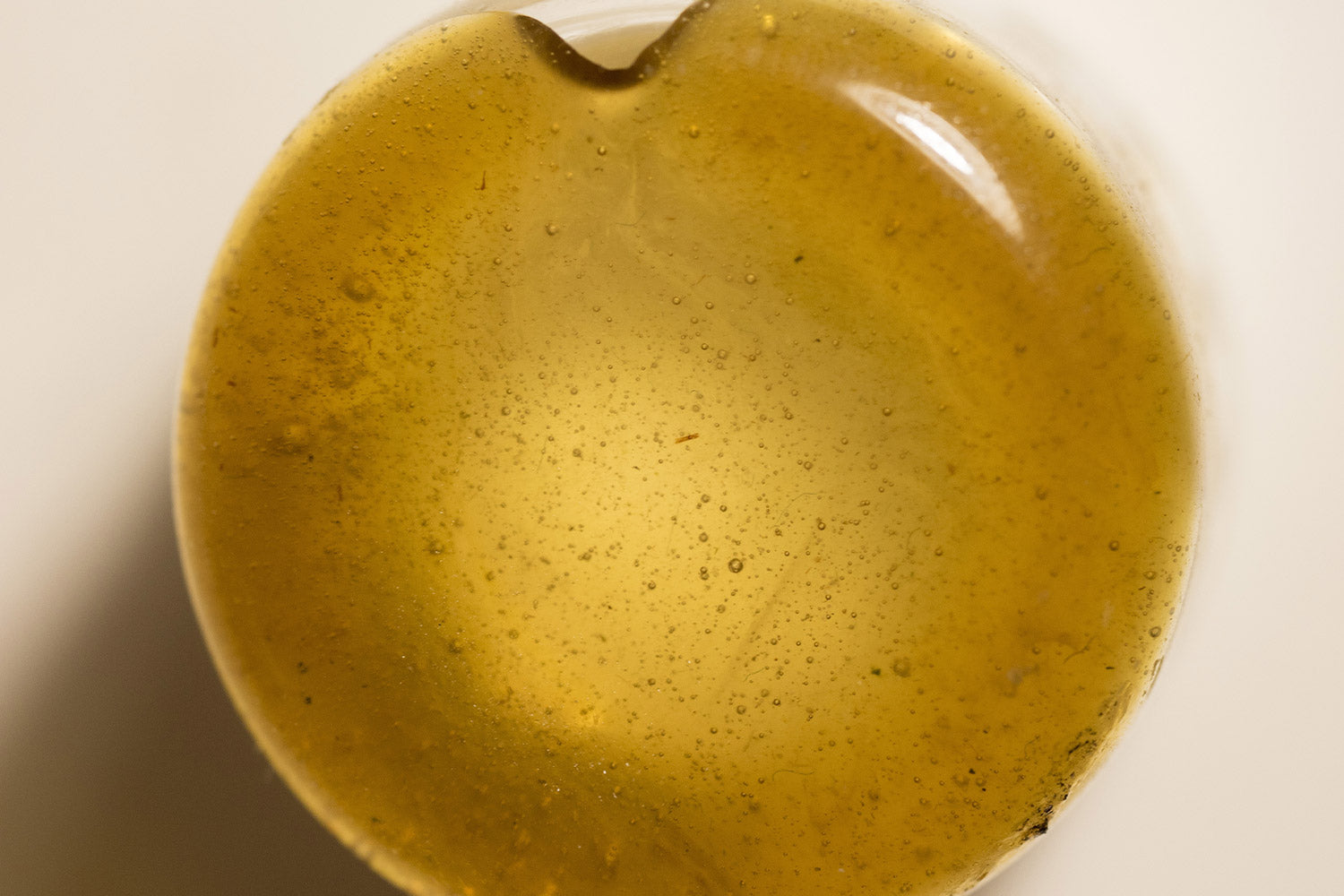Cannabis has been used for thousands of years by humans for various purposes, including medicinal, religious, and recreational. The exact origins of cannabis use are not entirely clear, but there is evidence to suggest that it has been used by humans for at least 5,000 years.
One of the earliest known uses of cannabis was in ancient China, where it was used for medicinal purposes. The legendary emperor Shen Nung is said to have discovered the medicinal properties of cannabis around 2737 BCE. According to legend, Shen Nung was experimenting with various plants when he discovered that cannabis had a number of therapeutic benefits, including pain relief and the ability to reduce inflammation.
Cannabis was also used in ancient India, where it was considered a sacred plant and used in religious ceremonies. The Hindu god Shiva was often depicted with a cannabis leaf in his hair, and cannabis was believed to have spiritual and medicinal properties.
In ancient Egypt, cannabis was used for medicinal purposes as well as for making rope and textiles. The plant was also used in burial rituals, with evidence of cannabis being found in the tombs of pharaohs and other high-ranking officials.
Cannabis use spread to other parts of the world over time, with the plant being used for a variety of purposes. In Europe, cannabis was used for making paper, rope, and clothing, while in Africa, it was used for medicinal and spiritual purposes.
In more recent times, cannabis has become associated with recreational use, with its psychoactive effects being a major draw for many users. The use of cannabis for recreational purposes has been the subject of controversy and debate, with some governments and organizations viewing it as a dangerous and addictive drug.
Despite the controversy surrounding cannabis use, it has a long and storied history of human use, with evidence of its cultivation and use dating back thousands of years. Today, cannabis is a multi-billion dollar industry, with a growing number of businesses and entrepreneurs looking to capitalize on its popularity and potential health benefits.
One of the earliest known uses of cannabis was in ancient China, where it was used for medicinal purposes. The legendary emperor Shen Nung is said to have discovered the medicinal properties of cannabis around 2737 BCE. According to legend, Shen Nung was experimenting with various plants when he discovered that cannabis had a number of therapeutic benefits, including pain relief and the ability to reduce inflammation.
Cannabis was also used in ancient India, where it was considered a sacred plant and used in religious ceremonies. The Hindu god Shiva was often depicted with a cannabis leaf in his hair, and cannabis was believed to have spiritual and medicinal properties.
In ancient Egypt, cannabis was used for medicinal purposes as well as for making rope and textiles. The plant was also used in burial rituals, with evidence of cannabis being found in the tombs of pharaohs and other high-ranking officials.
Cannabis use spread to other parts of the world over time, with the plant being used for a variety of purposes. In Europe, cannabis was used for making paper, rope, and clothing, while in Africa, it was used for medicinal and spiritual purposes.
In more recent times, cannabis has become associated with recreational use, with its psychoactive effects being a major draw for many users. The use of cannabis for recreational purposes has been the subject of controversy and debate, with some governments and organizations viewing it as a dangerous and addictive drug.
Despite the controversy surrounding cannabis use, it has a long and storied history of human use, with evidence of its cultivation and use dating back thousands of years. Today, cannabis is a multi-billion dollar industry, with a growing number of businesses and entrepreneurs looking to capitalize on its popularity and potential health benefits.















Leave a comment
All comments are moderated before being published.
This site is protected by hCaptcha and the hCaptcha Privacy Policy and Terms of Service apply.